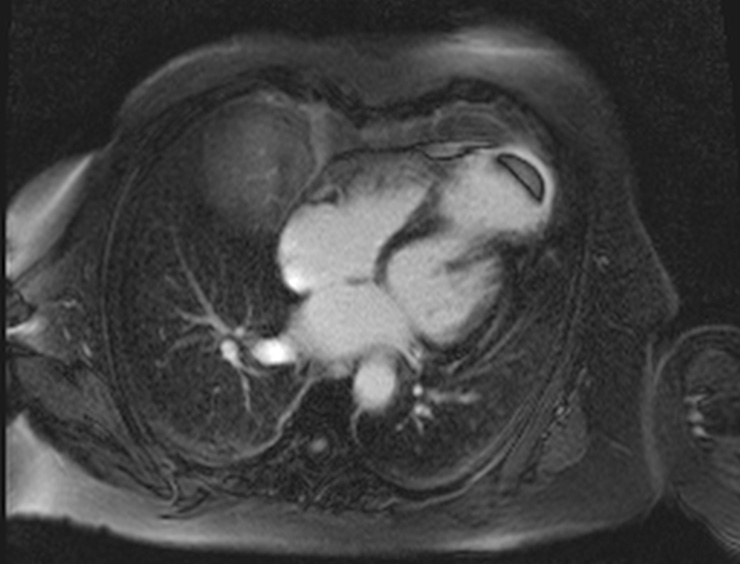Heart failure is caused by a weakened pump or a stiff heart that does not relax properly. If there is a pumping problem, it is called “reduced ejection fraction.” If there is a problem with the heart’s ability to relax, it is called “preserved ejection fraction.”
There are many potential factors at play for how the heart entered such a condition.
In North America, the most common causes of heart failure are ischemic cardiomyopathy (where the heart muscle is weak due to narrowed or blocked arteries around the heart), a previous heart attack, and chronic high blood pressure. For children, it is most commonly congenital heart disease and abnormal heart muscle.
From here, there is an abundance of other factors that could directly cause or influence a state of heart failure. They include:
- Viral infection of the heart
- Birth defects
- Genetic conditions
- High cholesterol
- Abnormal heart valves
- Chemotherapy
- Obesity
- Type 2 diabetes
For more information
For a deeper dive into the causes of this disease, please visit our heart failure patient website.
















